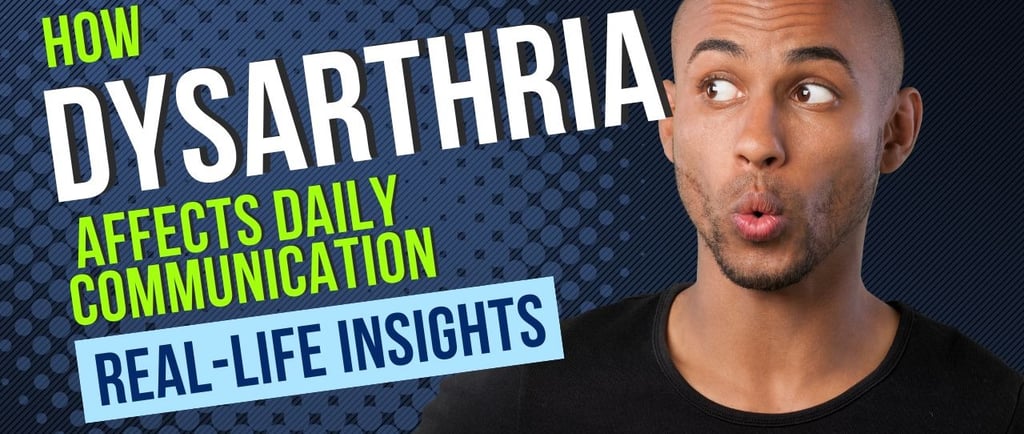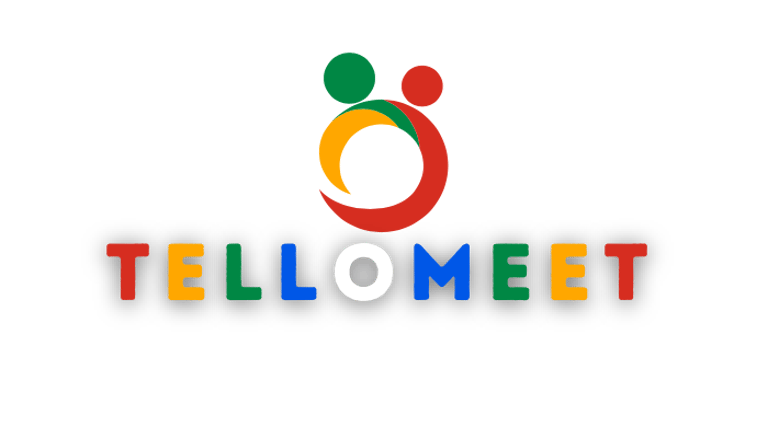Online Speech Therapy Platform
How Dysarthria Affects Daily Communication | Real-Life Insights
Discover how dysarthria impacts speech and daily life from a patient’s point of view. Learn about real-world communication challenges and how therapy helps.
DYSARTHRIA
selvakumar
7/18/20252 min read


🗣️ What Is Dysarthria?
Dysarthria is a motor speech disorder caused by damage to the muscles or nerves that control speech. It often occurs after a stroke, brain injury, or due to progressive conditions like Parkinson’s disease, ALS, or multiple sclerosis.
But beyond the clinical definition lies a deeply personal and emotional journey—one that affects how a person connects, expresses, and interacts with the world.
🧍♂️ A Day in the Life: Living with Dysarthria
Imagine waking up with thoughts and emotions you want to share—but your words come out slurred, mumbled, or barely audible. That’s the reality for many living with dysarthria.
Here’s how it affects daily communication:
💬 Conversations Feel Frustrating
People with dysarthria often struggle to keep up in normal conversations. Slowed or unclear speech may cause:
Misunderstandings
Interruptions
Feelings of being ignored or dismissed
📞 Phone Calls Become Intimidating
On the phone, there are no visual cues. A person with dysarthria may avoid calls because:
Their speech isn’t understood
They feel embarrassed
They fear having to repeat themselves constantly
🍽️ Ordering Food or Running Errands Feels Challenging
Even simple tasks like:
Ordering at a restaurant
Asking for help at a store
…can be anxiety-inducing, leading many to avoid public interactions altogether.
❤️ Strain on Personal Relationships
Partners, family, and friends may struggle to understand their loved one, creating:
Frustration on both sides
Social withdrawal
Emotional isolation
🧠 The Emotional Weight of Dysarthria
Living with dysarthria doesn’t just affect how you speak—it affects how you're perceived, how connected you feel, and how confident you are.
People may experience:
Anxiety
Low self-esteem
Depression
Social isolation
💡 There Is Hope: Therapy Makes a Difference
The good news? Speech therapy—even when delivered online—can significantly improve communication.
At TelloMeet, we specialize in teletherapy for adults with speech disorders like dysarthria. We understand the emotional and social impact—and we build programs tailored to each person’s needs.
Through consistent, guided sessions, individuals can:
Improve clarity
Build confidence
Reconnect with loved ones
Regain independence
🏁 Final Thoughts
Dysarthria is more than a speech disorder—it’s a communication barrier that affects nearly every aspect of daily life. But with the right support, patients can reclaim their voice.
If you or someone you love is living with dysarthria, know that you are not alone—and that progress is possible.
